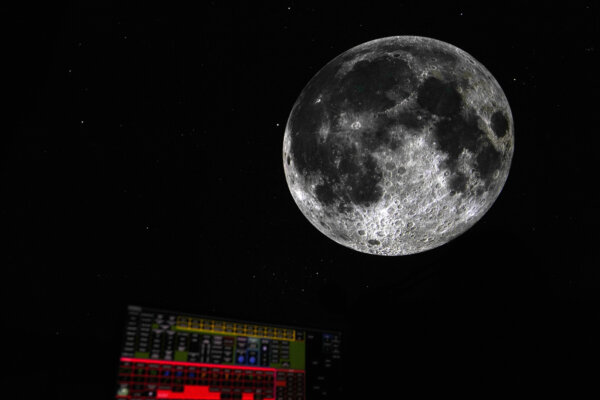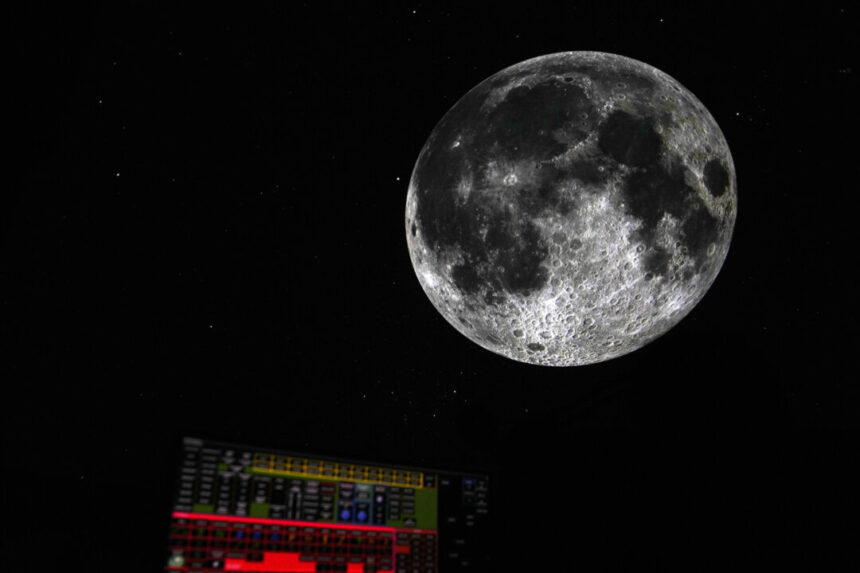
WASHINGTON—Time moves a bit faster on the moon. An international group of astronomers has recently advocated for the implementation of a dedicated lunar clock to assist in keeping track of time on the celestial body for future space missions.
The International Astronomical Union has passed a resolution urging space organizations worldwide to collaborate on establishing a standardized timekeeping system for the moon, where a day lasts 29.5 Earth days.
Susan Stewart from the U.S. Naval Observatory, who co-proposed the resolution, emphasized the importance of working together to set this standard time during the group’s conference in Cape Town, South Africa.
Due to the moon’s lower gravity compared to Earth, time passes approximately 58.7 microseconds faster each day. With an increasing number of countries and private companies planning lunar missions, astronomers are aiming to ensure precise synchronization using a unified clock. Currently, missions on the moon operate based on the time zone of the nation controlling the spacecraft.
Last year, the European Space Agency advocated for the establishment of a lunar clock. Following this, the White House instructed NASA and other agencies to develop an initial concept by the end of the year, with a finalized plan expected by the end of 2026.
Bijunath Patla, a physicist at the National Institute of Standards and Technology, noted that astronomers are still in the early stages of determining the specifics of lunar timekeeping.
“I think that the community has recognized the necessity of this task,” Patla stated. “And this marks the beginning of that journey.”
By Adithi Ramakrishnan





